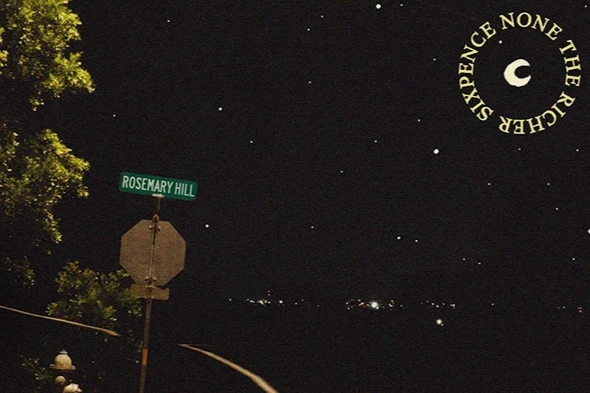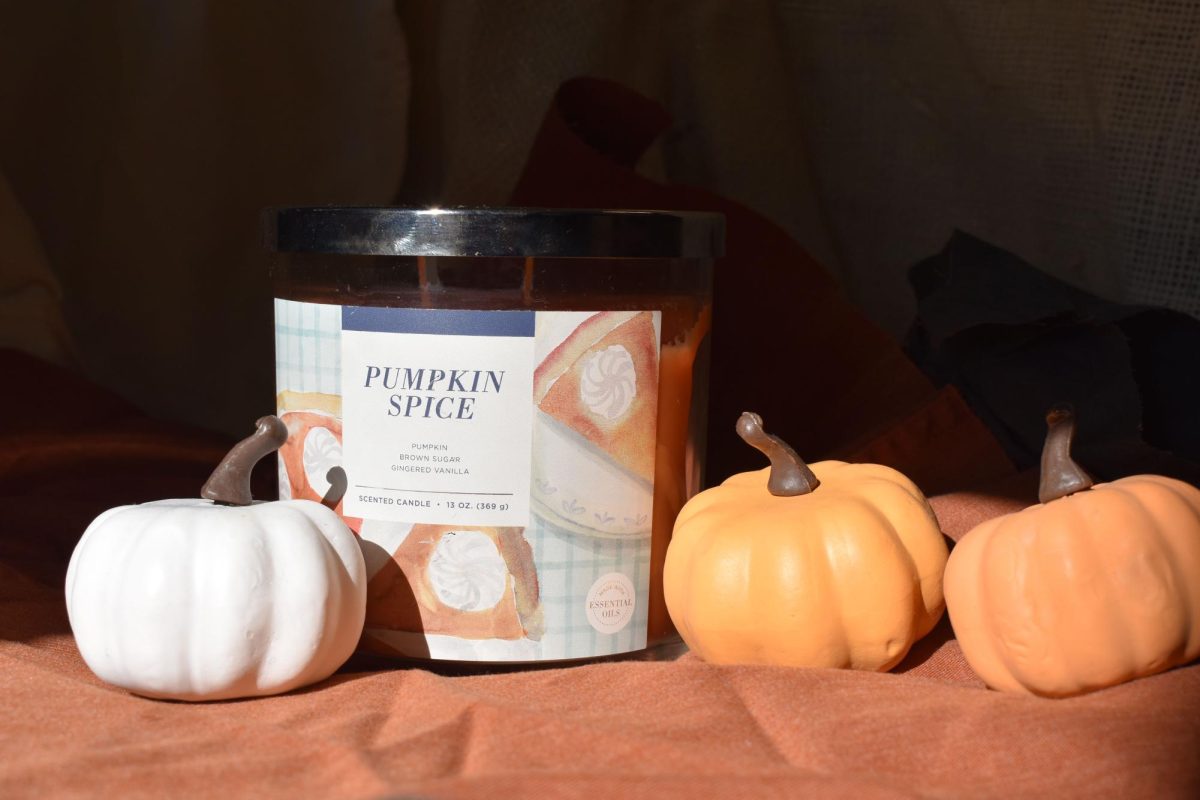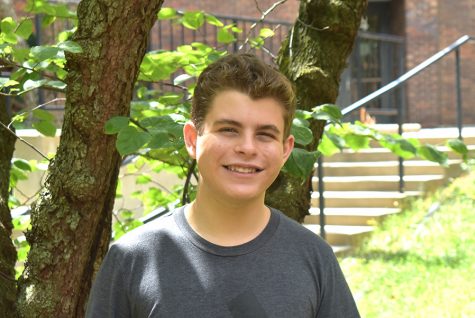“It’s good to be in something from the ground floor. I came too late for that and I know. But lately, I’m getting the feeling that I came in at the end. The best is over.”
Tony Soprano’s therapist responds, “Many Americans, I think, feel that way.”Starting the pilot episode of HBO’s “The Sopranos,” I was expecting a stereotypical Italian mafia television show, with all the action and crude dialogue you could come to expect from movies like “Scarface” or “GoodFellas.” However, just from the opening 20 minutes of the first episode, I could tell that this show would be something more.
Don’t get me wrong, “The Sopranos” has no shortage of violence —no character is safe from getting “whacked”— and Italian-American vernacular, yet through the mirage of gore and gabagool and creator David Chase’s commentary on masculinity, familial relationships and loyalty and 21st Century values is what truly keeps me coming back for more.
Take the main character, Tony Soprano, for example, whose self-proclaimed job in waste management is a front for his true role as a mafia don. A typical day at work for Soprano may include racketeering, gambling, money laundering and loan sharking. Find him in his office, casually using slurs in conversation with his business associates. In any particular scene, you may see him chowing down on steak, alcohol and cigars —an unhealthy diet that may have had something to do with real-life lead actor James Gandolfini’s heart attack back in 2013. Soprano is not particularly faithful to his wife or family either, with Tony’s mistresses becoming a major factor throughout the show.
Despite these flaws, you’ll frequently hear Soprano telling his kids to “be a good Catholic” or preaching about the family values of Italian Americans. Soprano’s actions and attitude towards his family and associates are usually tongue-in-cheek criticisms of modern hypocrisy, not only in the Sicilian mafia but also across our country. Those who view Soprano as a hero and glorify the American mafia are missing the point entirely. Sure, he lives a life of luxury and many may envy his McMansion and expensive watches at face value, but as the series progresses, it’s clear to see that Tony lives a miserable life.
Another factor that separates “The Sopranos” from your usual mafia story is David Chase’s insightful storylines that touch on mental health. The show is a precursor to our current era of mental health openness, yet still gives a nuanced narrative about Tony Soprano, who suffers from anxiety, depression and panic attack disorder. Chase often says that his show was born from this elevator pitch: “what if a mobster went to therapy?” However, what Chase accomplishes within the seven seasons is so much more than that concept.
I could heap praise on “The Sopranos” all day. It’s well-documented that it is one of the best-reviewed shows of all time. However, why would a show released in 1999 be one of the top shows of the COVID-19 era? The answer is quarantine boredom. HBO released a statistic that said that it increased 179% in viewership the week quarantine started.
You could chalk it up to the new movie coming out, but this increase in popularity happened before it was even announced. “The Many Saints of Newark” certainly brought “The Sopranos” into the 2021 conversation, but again, it was becoming popular even during the original 2020 quarantine. Many viewers feel like it connects to current events, especially the American socio-political climate of our current COVID-19 era.
Take the main character, Soprano, whom I’ve already described as an overweight racist, misogynistic, New York-based tycoon who owns a vast empire of criminal-prone properties. Remind you of any recent presidents? Most of the male characters in the show speak with the kind of macho no-filter masculinity that has become so common during the post-Trump era.
The Sopranos was also ahead of its time on the issue of addiction. A massive plot point deals with Tony Soprano’s nephew, Christopher Moltisanti, and his struggles with substance abuse. Throughout the series, he goes into a downward spiral of alcohol and drug abuse that affects his ability to work and have a healthy relationship with his fiance.
Overall, Chase treats mental health and addiction with the nuance that you see in modern television and media. In my opinion, “The Sopranos” draws modern audiences in with its loud, brash mafia setting and keeps them watching with its grounded, layered view on different social issues. “The Sopranos” isn’t all about depressing matters like the mafia, addiction and mental health. What keeps me, and many other fans, coming back after more than 14 years after its finale is the show’s clever humor and writing. The characters speak in a very specific Italian-New Jersey vernacular that is hilarious to me. The characters’ nonchalant reaction to the absurd situations of the mafia is humorous — if not a little disturbing.
It’s not surprising in the topsy-turvy time we live in that a show like “The Sopranos” would make such a comeback this year. With people of all ages, from teenagers, to Boomers watching The Sopranos, 2021 has proven that it will be a relevant and timeless classic for years to come.
Tony Soprano says in the season one finale, “Someday soon, you’re gonna have families of your own and if you’re lucky, you’ll remember the little moments like this, that were good.” Many will look back years from now and remember the little moments of “The Sopranos” and how they brought them comfort during our new era of uncertainty.


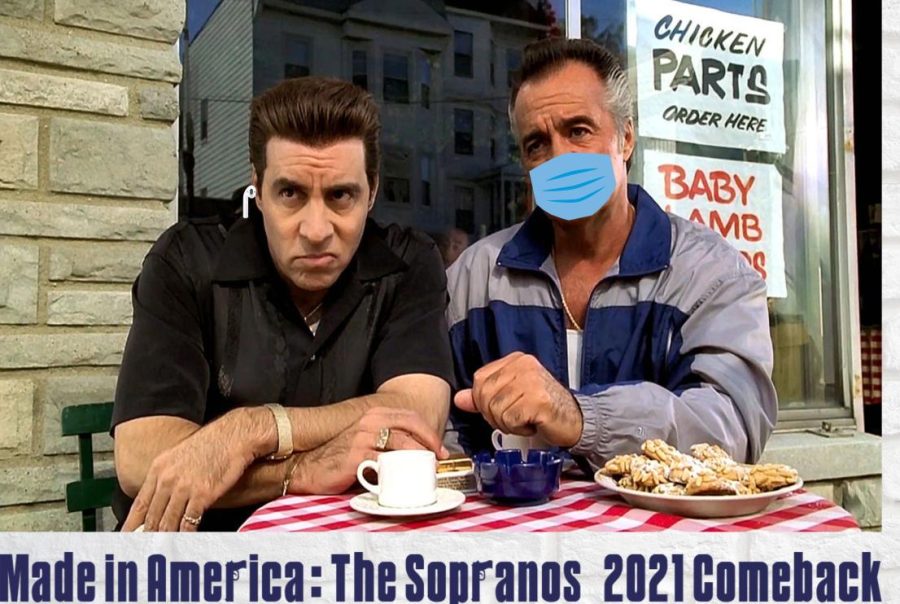
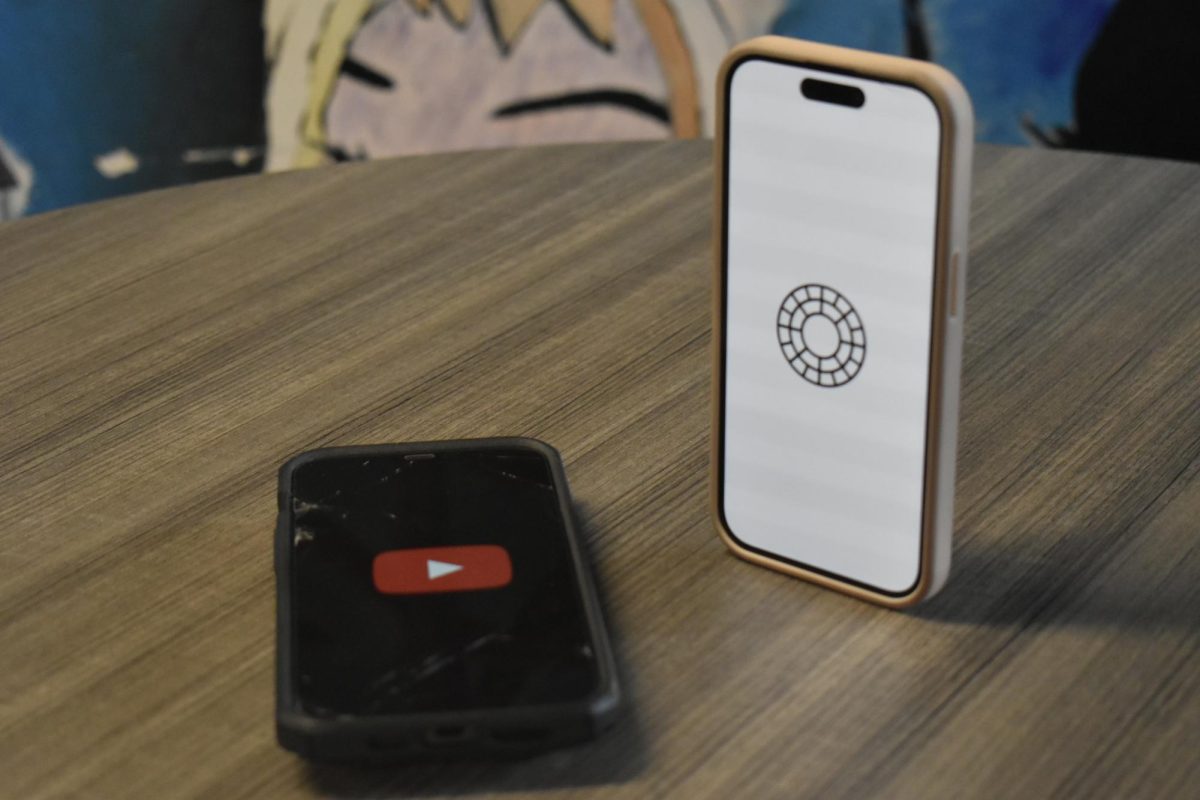
![There are more than 20 open cardio machines at Crunch Fitness. I enjoyed the spacious environment at Crunch, a sentiment that was shared by sophomore Sanjana Daggubati. “[Going to] Crunch Fitness was the right decision because [it] feels more professional. Crunch’s workers are laid back, but not to the point where they don't care,” Daggubati said.](https://pwestpathfinder.com/wp-content/uploads/2025/09/IMG_5242-1-1200x900.jpg)

![Various empty Kit Kat wrappers crowd the desk, surrounded by scoring sheets. While production of Kit Kat flavors in the U.S. is limited, Nestlé, the owner of Kit Kat, manufactures hundreds of unique flavors in Japan, including the flavors ocean salt and passion fruit. “I thought there [were] some interesting flavors, and a lot of them were really unexpected,” senior Elle Levesque said.](https://pwestpathfinder.com/wp-content/uploads/2025/09/image-2.png)

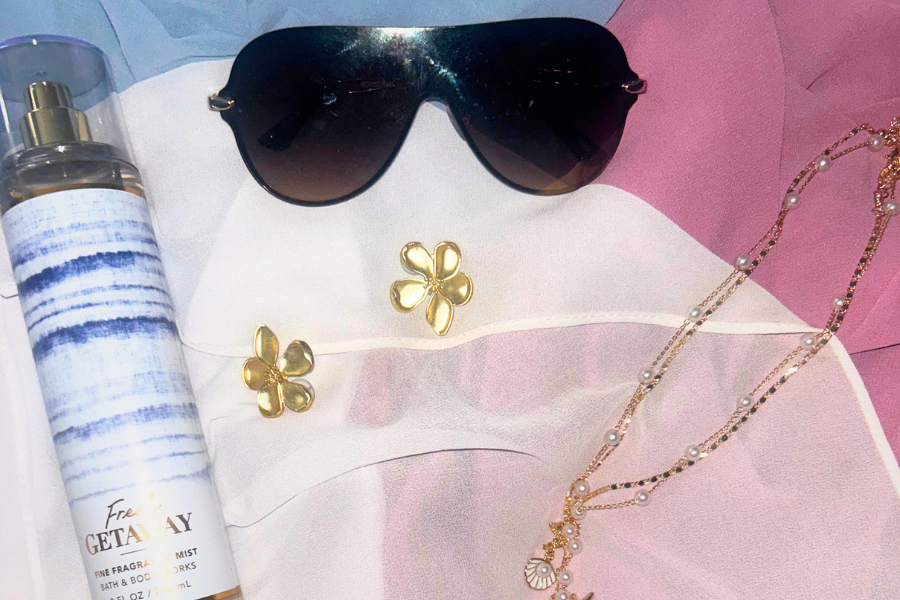
![Pantone’s selection of the 2025 Color of the Year is revealed: Mocha Mousse. Ceramics teacher Ashley Drissell enjoys this year’s selection. “Maybe it’s the name but [Mocha Mousse] reminds me of chocolate and coffee. It makes me hungry. It’s very rich and decadent,” Drissell said.](https://pwestpathfinder.com/wp-content/uploads/2025/02/DSC_0015-1200x800.jpg)

